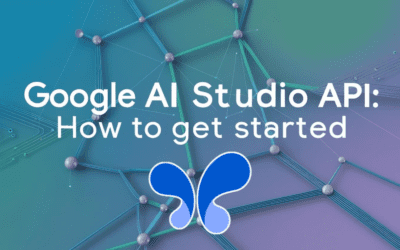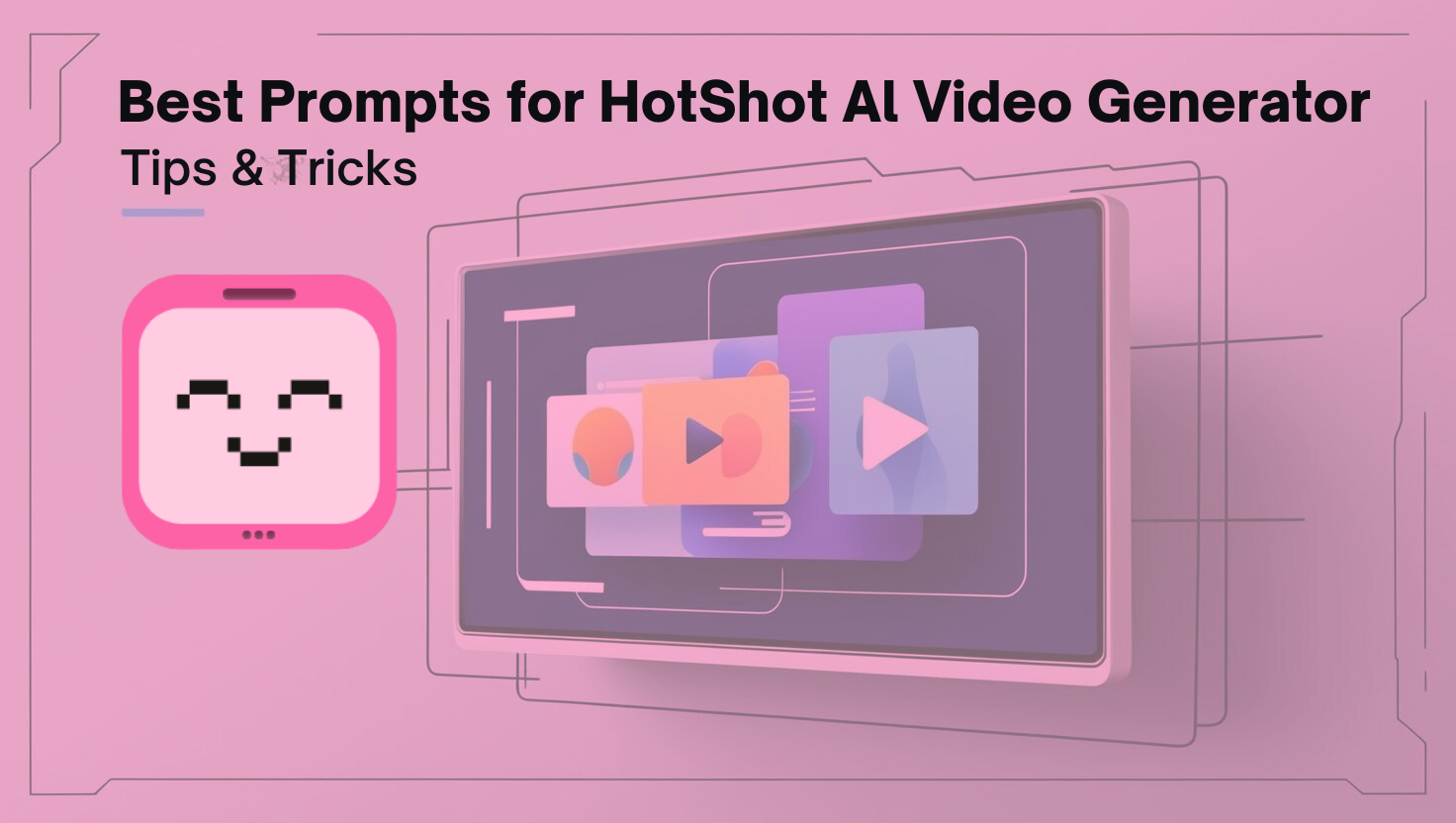In an era where digital overload and isolation are escalating, mental health challenges are at an all-time high. According to the World Health Organization (WHO), 1 in 8 people globally live with a mental health condition, yet fewer than 50% receive adequate care. Enter AI for mental wellness—a groundbreaking fusion of technology and psychology that offers scalable, personalized support. From chatbots that mimic human empathy to apps that predict emotional triggers, AI is reshaping how we approach mental health. This guide explores the top tools, their proven benefits, and how to integrate them into your daily life.
1. Why AI Is a Game-Changer for Mental Wellness
Bridging the Accessibility Gap
AI for mental wellness addresses critical barriers to care:
- 24/7 Availability: Instant support during crises, unlike traditional therapy’s limited hours.
- Affordability: Apps like Wysa offer free basic plans, making care accessible to low-income users.
- Personalization: Algorithms adapt to individual needs, offering tailored coping strategies.
Key Stat: A 2022 study in JMIR Mental Health found that AI therapy chatbots reduced depression symptoms by 64% in users over 8 weeks, rivaling outcomes from human-led therapy.
2. Top AI Tools for Mental Wellness in 2024
A. Youper: Your AI-Powered Emotional Guide
- How it works: Combines CBT (Cognitive Behavioral Therapy) and NLP (Natural Language Processing) to help users track moods and reframe negative thoughts.
- Proven Impact: A clinical trial showed Youper users experienced a 40% reduction in anxiety symptoms within 4 weeks (Youper Research).
- Actionable Tip: Use Youper’s daily check-ins to identify patterns in stress triggers.
B. Wysa: The Empathetic AI Chatbot
- How it works: Uses AI-driven conversations to teach mindfulness, CBT, and DBT (Dialectical Behavior Therapy) techniques.
- Proven Impact: A study with the NHS found Wysa users reported a 30% improvement in sleep quality and emotional resilience (Wysa Case Study).
- Actionable Tip: Pair Wysa’s chatbot with its mood-tracking journal for holistic insights.
C. Woebot: Your On-Demand Mental Health Ally
- How it works: Developed by Stanford psychologists, Woebot uses AI to deliver bite-sized CBT exercises.
- Proven Impact: Users saw a 22% decrease in depressive symptoms after 2 weeks (Woebot Health Study).
3. Benefits and Challenges of AI for Mental Wellness
Benefits
- Scalability: AI tools can support millions simultaneously, addressing the global therapist shortage.
- Stigma Reduction: Anonymity encourages hesitant users to seek help.
- Data-Driven Insights: AI identifies trends (e.g., sleep disruptions linked to anxiety) to preempt crises.
Challenges
- Lack of Human Nuance: AI can’t fully replicate therapeutic rapport.
- Privacy Concerns: Data security risks require rigorous encryption (opt for HIPAA-compliant apps like Woebot).
Stat: The WHO estimates a global shortage of 1.2 million mental health professionals—a gap AI can help fill.
4. How to Integrate AI Tools into Your Mental Wellness Routine
Step 1: Start Small
- Begin with one app: Test Youper for mood tracking or Wysa for quick stress relief.
Step 2: Combine AI with Human Support
- Use AI tools to supplement therapy sessions. Share app insights with your therapist for targeted care.
Step 3: Track Progress
- Most apps generate weekly reports. Review trends to adjust habits (e.g., exercise more on high-stress days).
Step 4: Prioritize Privacy
- Choose tools with end-to-end encryption and clear data policies.
5. The Future of AI for Mental Wellness
Trend 1: Predictive Mental Health Care
AI will analyze wearable data (e.g., heart rate, sleep patterns) to predict anxiety episodes before they occur.
Trend 2: Multilingual Support
Tools like Wysa already support 30+ languages, broadening global access.
Trend 3: Integration with VR
Immersive AI-VR therapy, such as Limbix’s PTSD programs, will treat phobias and trauma in controlled environments.
Conclusion: Embrace AI for Mental Wellness Today
AI for mental wellness isn’t about replacing therapists—it’s about empowering individuals with immediate, personalized support. Whether you’re managing daily stress or navigating a diagnosed condition, tools like Youper and Wysa offer science-backed strategies at your fingertips.
Your Action Plan:
- Download Youper or Wysa and complete a 7-day trial.
- Share app insights with your healthcare provider.
- Advocate for AI mental health tools in workplace wellness programs.
The digital age demands innovative solutions. With AI, mental wellness is now more accessible than ever.
Sources:
- World Health Organization (WHO) Mental Health Report
- JMIR Study on AI Chatbots and Depression
- Youper Clinical Trial Data
- Wysa NHS Partnership Findings
Stay proactive with The ProTec Blog—your ally in navigating the future of well-being.


















